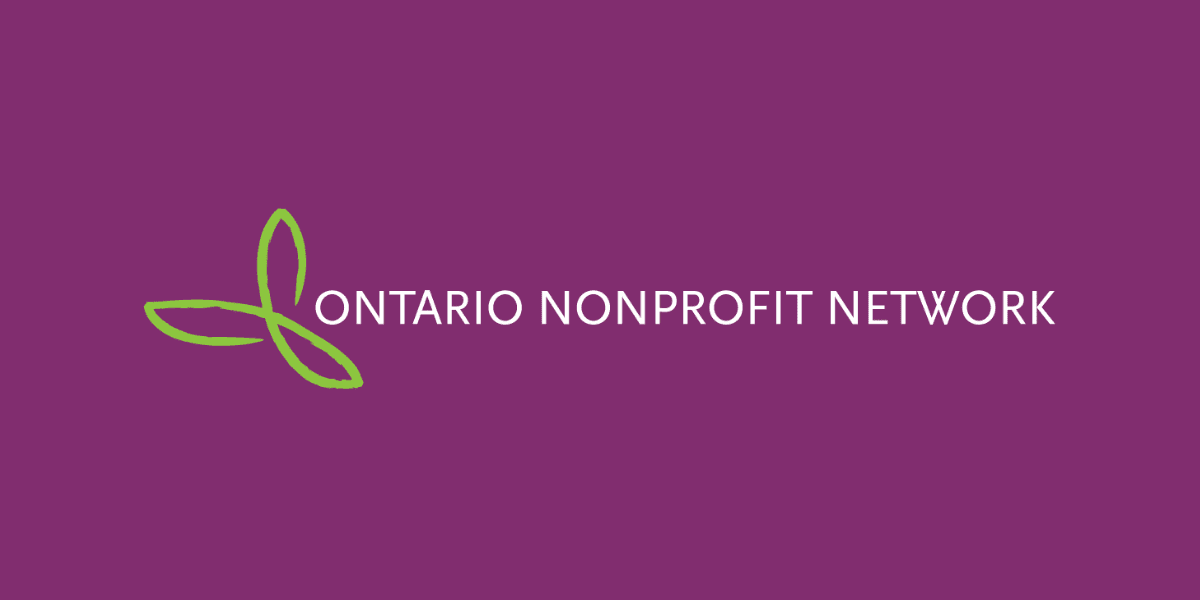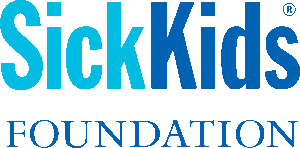New CRA rules allow charities to grant to non-qualified donees: Implications for shared platforms
In 2022, Parliament changed the Income Tax Act to allow registered charities to make grants to non-charities (which mostly fall into the category of “non-qualified donees” or NQD for short). The Canada Revenue Agency (CRA) then undertook consultations to develop their policy on how they would interpret and implement these new rules. In December 2023, the CRA published a final version of its policy position called CG-032 Registered charities making grants to non-qualified donees.
In this post, we will address what these changes mean for shared platforms (also known as fiscal sponsors or trustee organizations).
Is there still a role for shared platforms?
In the past, one of the reasons for shared platforms has been to allow funders to support grassroots organizations who do not have charitable status without having to exercise direction and control. Instead, the funder can rest easy knowing the shared platform, another charity, would exercise the oversight and ultimately be responsible for the carrying out of the grant.
For example, the Delta Family Resource Centre acts as a hub and provides capacity building to several grassroots initiatives in the Northwestern Toronto area.
Now that it’s legally possible for charities to directly support nonprofits without charitable status without having to exercise direction and control, some may ask “is there still a role for shared platforms?”
The answer is absolutely yes!
Firstly, shared platforms provide a variety of supports to grassroots organizations including backend administration, mentorship, and professional development opportunities, networking, and more. These new rules do not change the exceptional value shared platforms continue to provide.
Secondly, some funders will continue to want to rely on trusted third parties they have experience dealing with to oversee grants with nonprofits that may have less experience or infrastructure.
Are shared platforms still allowed?
With the new rules in 2022, the government also introduced a section to the Income Tax Act prohibiting a registered charity from accepting a gift on the condition that it grants that gift to an NQD (called “directed giving”). After some initial confusion in the sector regarding whether this prevented shared platforms from accepting grants to be administered for a trusteed group, ONN requested clarification from the CRA.
Fortunately, the CRA clarified this issue by stating in the final version of their guidance that directed giving does not include a situation where the charity maintains direction and control over the resources. Since this is currently what shared platforms do (maintain direction and control over the grants with their trusteed groups), it means that shared platforms are still permitted to do what they’ve always done.
Unfortunately, what the directed giving rules mean is that a shared platform cannot receive a grant on the condition that it then makes a grant to a trusteed group (so shared platforms cannot directly benefit from the new rules). The funder has to either make the grant directly to the trusteed group or it can make a grant to the shared platform without the condition (explicit or implicit) that the shared platform makes that grant to a particular trusteed organization.
For example, the Care About Community Foundation wishes to make a grant to a grassroots group of children who are beautifying their local park. Unfortunately, the children cannot count for the most part and don’t have their own bank account. A local shared platform called Generic Youth Nonprofit (GYN) steps forward and offers to administer the funding for the foundation. Broadly speaking, the foundation has two options. It can either (a) give the money directly to the children on condition that they work with GYN to manage their finances, and other aspects of the grant, or (b) grant to GYN without any explicit or implicit condition that GYN passes the funding on to the children, but perhaps the reasonable expectation that they will do so.
It is possible for the funder to set other types of conditions on its grant to the shared platform (e.g. it must be spent on promoting racial equity), but the shared platform would be legally entitled not to fund the trusteed group the funder intends. Obviously, a funder and trusteed organization would only enter into an arrangement like this if they trusted the shared platform.
The bottom line is that shared platforms can continue to do what they have always done.
Can shared platforms benefit from these new rules?
It is early days in this new system, and we continue to monitor to see how different organizations will use these new rules to meet their needs. With that being said, initial conversations suggest that shared platforms may be able to benefit from the new rules by having funders grant directly to the NQDs, and list as a condition in the funding agreement the use of the shared platform’s services for things like monitoring and back-end administration.
The work of the shared platform can contribute to the funder discharging their due diligence. This is an intermediate step between the funder simply granting to the shared platform and thereby absolving itself of any liability, and the funder making the qualified disbursement directly to the NQD thereby requiring it to do some due diligence itself.
Put differently, under this new system, shared platforms may reposition themselves as offering due diligence services to funders making qualified disbursements.
Adapting to meet community needs
We look forward to seeing shared platforms and grassroots organizations continue to grow, and change in this new system adapting the rules in ways that continue to drive resources to meet the diverse needs of their communities.
If you have questions about the new rules that you think should be added to this list, email benjamin@theonn.ca. We can provide general legal information but not legal advice specific to particular situations.
Related resources:
- How charities can grant to nonprofits: A guide for grantees
- Resource on talking to funders
- Funder toolkit by McConnell Foundation
- FAQ for new NQD guidance






